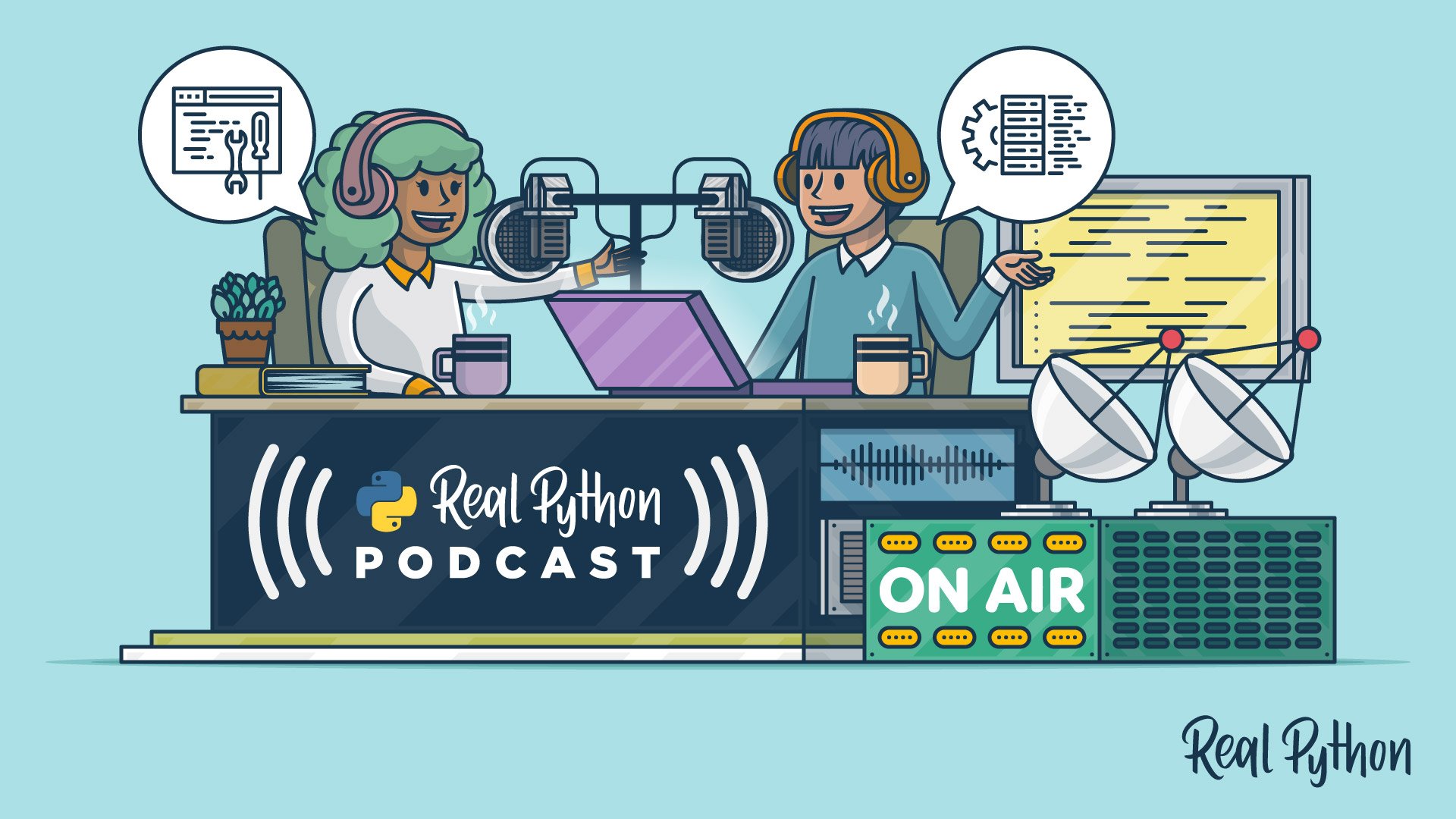BDFL
BDFL (Benevolent Dictator For Life) is a semi-humorous title given to the primary creator or lead developer of an open-source software project who retains final decision-making authority over the project’s direction and development.
The term was first popularized in reference to Guido van Rossum, the creator of Python, who served as Python’s BDFL from 1991 to 2018.
A BDFL typically has ultimate authority over key decisions about their project’s technical direction, coding standards, and core design philosophies. While they usually work collaboratively with their community and consider input from contributors, they retain veto power over proposed changes. This leadership model attempts to balance community involvement with the need for consistent vision and decisive leadership.
Other notable examples of BDFLs include Linus Torvalds (Linux kernel), Larry Wall (Perl), and Yukihiro Matsumoto (Ruby). However, some projects have moved away from the BDFL model in favor of more democratic governance structures, as exemplified by Python’s transition to a steering council model after van Rossum’s retirement as BDFL.
The term is sometimes used more broadly outside software development to describe similar leadership dynamics in other collaborative projects where a founder maintains permanent decisive authority while encouraging community participation.
Related Resources
Podcast
Expanding the International Python Community With the PSF
The popularity of Python is continuing to grow Developers across the globe are embracing the language. How is Python being used in all of these different countries? How does an organization like the Python Software Foundation (PSF) work toward the goals in its mission statement for supporting and growing this international community? This week on the show, we have Marlene Mhangami, a PSF board member and part of the Diversity and Inclusion Work Group.
By Dan Bader • Updated Feb. 5, 2026

